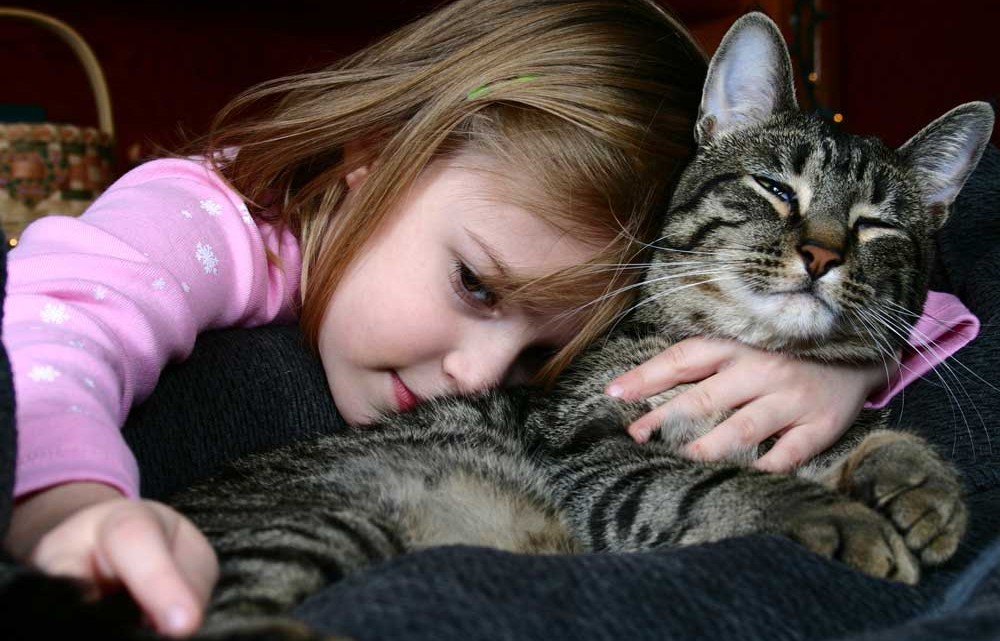In the past, euthanasia was often the only option for cats with terminal illnesses. Today, hospice or palliative care is a very real alternative.
Hospice involves providing supportive care to cats in the final stages of their lives so that when the time comes, they can pass naturally and peacefully. The primary goal is to keep the cat comfortable and free of pain, with a focus on quality of life.
Palliative care should not be considered a last resort. It is not about dying, but rather, about finding ways to help the cat live comfortably with a terminal illness.
What does palliative care involve?
If you want to provide hospice for your cat, the first step is to talk to your veterinarian. The decision to give your cat palliative care during the final stage of his life needs to be a team effort that includes yourself and your vet, his/her staff, and if needed, a bereavement counselor. Keep in mind that it will require a commitment of time on your part. Here’s what you need to consider:
- Comfort: Provide clean, soft bedding with easy access to food, water, litter boxes, favorite sleeping spots and interaction with family members. Handle ill and/or elderly cats gently.
- Nutrition and hydration: Sick cats may need encouragement to eat, and you may need to experiment with different foods. While a high quality canned or raw diet is ideal, this is a time when your cat gets to eat anything she wants, so if she wants lots of treats, let her have them. Always have fresh water available.
- Cleanliness: Ill felines may not be able to groom themselves. Assist your cat by gently brushing her. Keep her eyes, ears, and the areas around her mouth, rectum and genitalia clean if she can’t do it by herself anymore.
- Pain management: Cats are masters at hiding pain. Watch your cat carefully for signs of discomfort – these may be subtle and can include hiding, avoiding contact with family members, or changes in sleeping positions. Cats only rarely vocalize when in pain. Work with an integrative or holistic veterinarian to develop an appropriate pain control program for your cat.
- Holistic therapies: Many non-invasive, gentle holistic therapies can provide relief to terminally ill cats. Energy modalities such as Reiki, Healing Touch, Tellington TTouch and others can be particularly effective.







No Comment